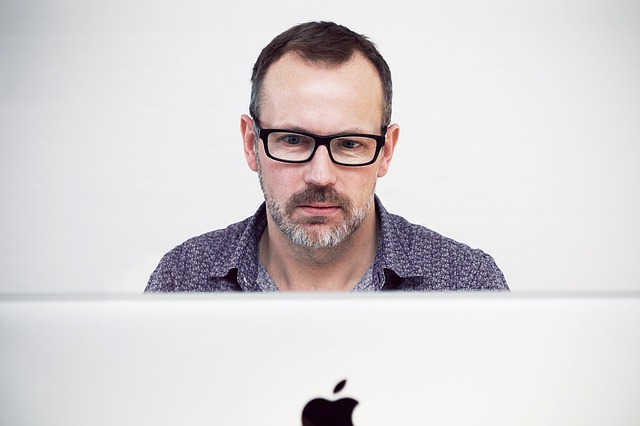So what does “flow” actually mean? Flow is the state of complete focus and engagement in an activity or task, where effort is balanced with enjoyment.
According to Mihaly Csikszentmihalyi, a psychologist and national best-selling author, reaching a state of flow could be the key ingredient to a meaningful career and overall happy life. He has devoted his working life to researching the concept of flow, attempting to uncover why some people are passionate about the work they do, while others are unhappy. Here are some of his ways to increase “flow”:
5 Ways to Integrate Flow into your Career
Increase your Skills
Csikszentmihalyi explains that flow is best reached when the individual is both challenged and highly skilled. However, when the level of challenge is too high for the individual’s skills, they may instead feel anxious.
If you do not feel confident that your skills are adequate for your role, your job performance and well-being may be at stake. You could ask your employer for additional support, such as help with a specific task or project. You could also seek a mentor in the workplace, or request additional training for skills relevant to your position and industry.
Take on More Responsibility
When individuals become good at the skills required for their job, boredom and monotony may set in; this can result in poor workplace engagement. As skill levels increase to mastery, workers should also increase the challenge of their job.
If you find yourself in this situation, try to get more responsibilities at work to increase the scope of your role or ask your employer for additional projects to work on.
You could also participate in ongoing education, such as taking a course to complete a new certification or qualification, or attend a conference that is specific to your industry.
Evaluate your Work Environment
As the concept’s name suggests, work output and time spent during a period of flow will feel effortless, as if the work ‘flowed’ seamlessly. There is a sense of timelessness when flow has been reached; you stop paying attention to the clock, instead feeling enthralled with the tasks they are doing.
However, this isn’t possible if you’re hungry or thirsty. To establish the intense concentration levels that are required for flow, it’s paramount to take short breaks to stay hydrated, grab a protein-rich snack, and stretch your legs.
Along the same lines, you will not reach flow if your physical environment does not facilitate good posture and comfort. Check that your work space is ergonomically safe; this can prevent injury and discomfort during periods of prolonged and repetitive work tasks and point you in the right direction towards finding flow.
Establish Clear Goals
Whether you are self-employed or work within a large organization, you will not reach flow if you do not have well defined work goals. Furthermore, if you feel a little vague about your role and what is expected of you, you may have worries about whether you will succeed or anxiety about how your work will be received.
If you find yourself in this situation, try setting some goals at the start of each week. For example, you could create a list on Monday morning of the high priority tasks that require attention that week, or you could place a list of your goals or inspiring mantras on your desk for visual motivation. At the end of each week, evaluate how you did: What went well? In what ways could you improve next week? Were you able to reach your goals?
Capitalize on Creativity
Creativity is a unique attribute found in people who experienced flow. These individuals expressed a drive to ‘work towards making something better’, which often requires visionary conceptualizations or imaginative ideas and abstract thinking. You will certainly not find flow if you do not have the freedom at work to utilize your creative skills or ‘think outside the box’.
To work on this, you could request to schedule a meeting with your boss or business partner(s) to pitch ideas or proposals. You could also capitalize on your creative assets during times when your employer is actively seeking feedback, such as team debriefings, project evaluations or your performance evaluation, and when they are more receptive to feedback such as during company meetings and team-building exercises.
BOTTOM LINE:
Psychologists have found that ‘flow’ (the state of complete focus and engagement in an activity or task), can equal job satisfaction. By putting these ideas in motion into your work routine, you will be 5 steps closer to finding flow and establishing a happy, meaningful career!
ABOUT: Mihaly Csikszentmihalyi
Distinguished Professor of Psychology and Management
Founding Co-Director, Quality of Life Research Center
Ph.D., University of Chicago, 1965
B.A., University of Chicago, 1960
To receive similar content, “Like” us on Facebook @ https://www.facebook.com/niagarabuzz.ca













